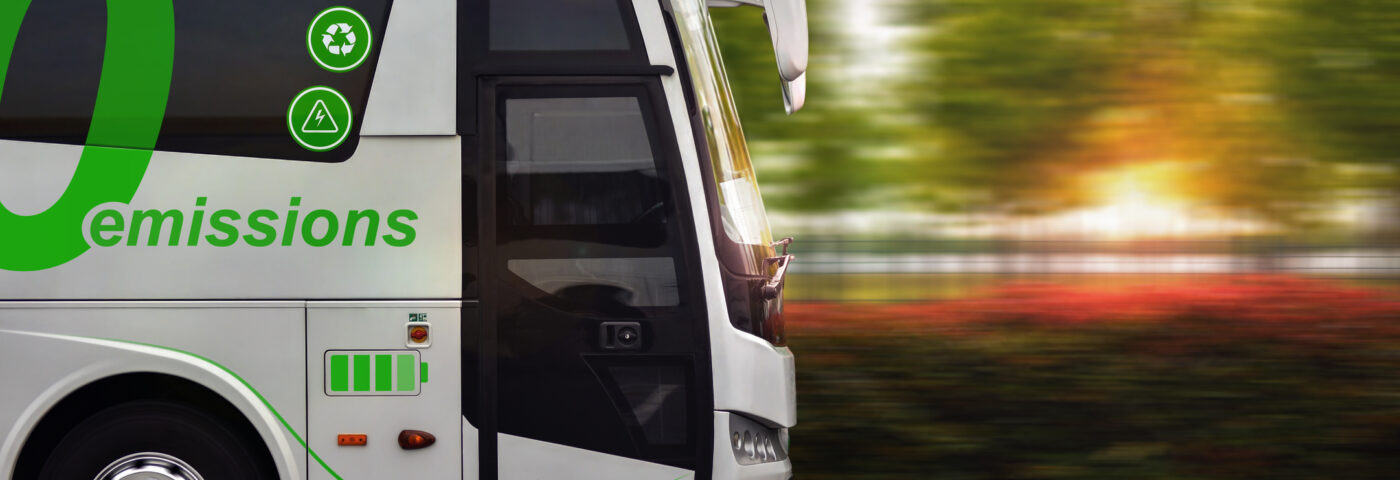Key Highlights
- SLOCAT's low carbon transport pathway report shows the International Energy Agency (IEA) and International Renewable Energy Agency’s forecasts on the transport sector as one of the highest contributors to carbon emissions by 2030 onwards.
- Sky Sports and Sky Zero encouraged sports fans visiting the 151st Open and The Hundred to "travel green" by utilising low carbon transport.
- Sophie Pavelle, author of Forget Me Not: Finding the Forgotten Species of Climate-Change Britain, writes about her low carbon travels in Britain.
- Smart metres can remotely communicate with utilities. Sending usage data to your utility every 15–60 minutes eliminates metre reading.
- Heat pumps may easily replace one-way AC systems. Environmental and electrification activists say now is the moment for rules encouraging houses to install bidirectional heat pumps instead of ACs since extreme heat waves are increasing demand for air conditioning in locations that didn't require it before.
Driving Towards a Sustainable Future
In the increased environmental challenge that we are facing, the concept of sustainability has become a guiding principle towards a more responsible and resilient tomorrow. Innovative solutions have been used across sectors in response to the urgent need to battle climate change, save resources, and reduce carbon footprints.
Low carbon transportation, smart metres, and heat pumps are all part of this revolutionary shift. In this transformative journey towards a greener world, these interconnected solutions play a pivotal role in shaping a sustainable lifestyle and reducing our collective carbon footprint.
Transitioning to Low Carbon Transportation
The transition to low carbon transport is one of the solutions to lessen the carbon footprint in the transport sector.
As per SLOCAT’s low carbon transport pathway report, due to the continued use of fossil fuels in aviation, road freight, and maritime shipping, the International Energy Agency (IEA) forecasts that the transport sector will be the second highest emitter of CO2 in the energy end-use sector (after industry) by 2032, and the highest emitter in 2070.
The report also states that the International Renewable Energy Agency projects that the transport sector will equal the industry's share of world emissions by 2030 and then overtake the industry to become the top CO2 emitter in end-use sectors by 2030-2040.
Because of this, a lot of sectors are now promoting low carbon transport as an alternative.
One of the examples of promoting low carbon transportation is when Sky Sports and Sky Zero partnered with the England and Wales Cricket Board and the R&A to encourage sports fans attending the 151st Open and The Hundred to "travel green" by taking low carbon transport.
Sky Sports' 'Summer of Sustainability' effort encourages fans to reduce their carbon footprint when travelling to venues to protect their favourite sports from climate change. They encourage the fans to travel to the venues by walking, biking, lift-sharing and using public transportation.
Author of Forget Me Not: Finding the Forgotten Species of Climate-Change Britain, Sophie Pavelle, also wrote an article regarding her experiences in travelling to Britain on a low carbon transportation. As per Pavelle, the public transportation system is ripe with possibilities and the time to reflect, and the reduced environmental impact made the inconvenience of the train and bus delays worthwhile.
Understanding Smart Meters and Their Role in Energy Conservation
Electric companies have historically employed metres to track customers' electricity consumption. Utility companies often send out metre readers once a month to verify customer energy consumption.
However, a smart metre is distinct in that it is a digital device capable of remote communication with your utility. It eliminates the need for metre readers by sending usage data to your utility every 15–60 minutes.
The advantage of smart metres is transparency and accountability as the consumers can track their electricity consumption.
Join Dcarbonise 2024 in Shaping a Sustainable Future
Dcarbonise is Scotland's only exhibition and conference focused on reducing carbon emissions from the built environment and transportation systems. Together, let's redefine the possibilities for a sustainable future.
Utilising Heat Pumps
It's easy to replace one-way AC systems with heat pumps, which are air conditioners that heat and chill homes. Environmental and electrification advocates state that now is the time for regulations encouraging homeowners to install bidirectional heat pumps instead of ACs because increasingly severe heat waves are increasing demand for air conditioning in places that haven't needed it before.
The introduction of heat pumps to UK homes is a big move to address the country’s energy challenges. Heat dispersion affects heat pump efficiency. Some heat pump systems have unsuitable operating temperatures. Policy support should include building and heat distribution system renovations. Existing buildings can employ heat pumps.
Embracing Sustainability for a Resilient Tomorrow
In this revolutionary shift towards a greener future, four major solutions have emerged, each with the potential to radically alter how we engage with the environment: low carbon transportation, smart metres, and heat pumps. Our goal is to shed light on the potent synergy that occurs when various solutions come together by illuminating their relevance and collective influence.
By adopting these sustainable practises, people and nations everywhere may help the earth thrive economically while cutting down on wasteful energy use. Explore the cutting-edge innovations that are transforming the way we live and protecting the earth for future generations with the renewable energy and low- carbon community as we travel through the halls of sustainability.

